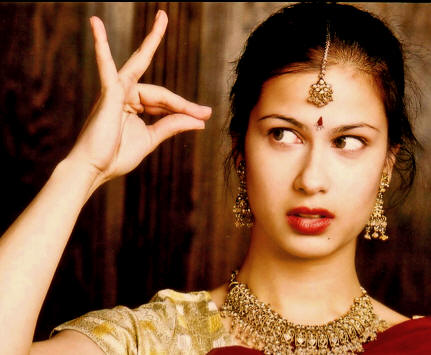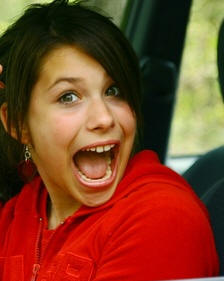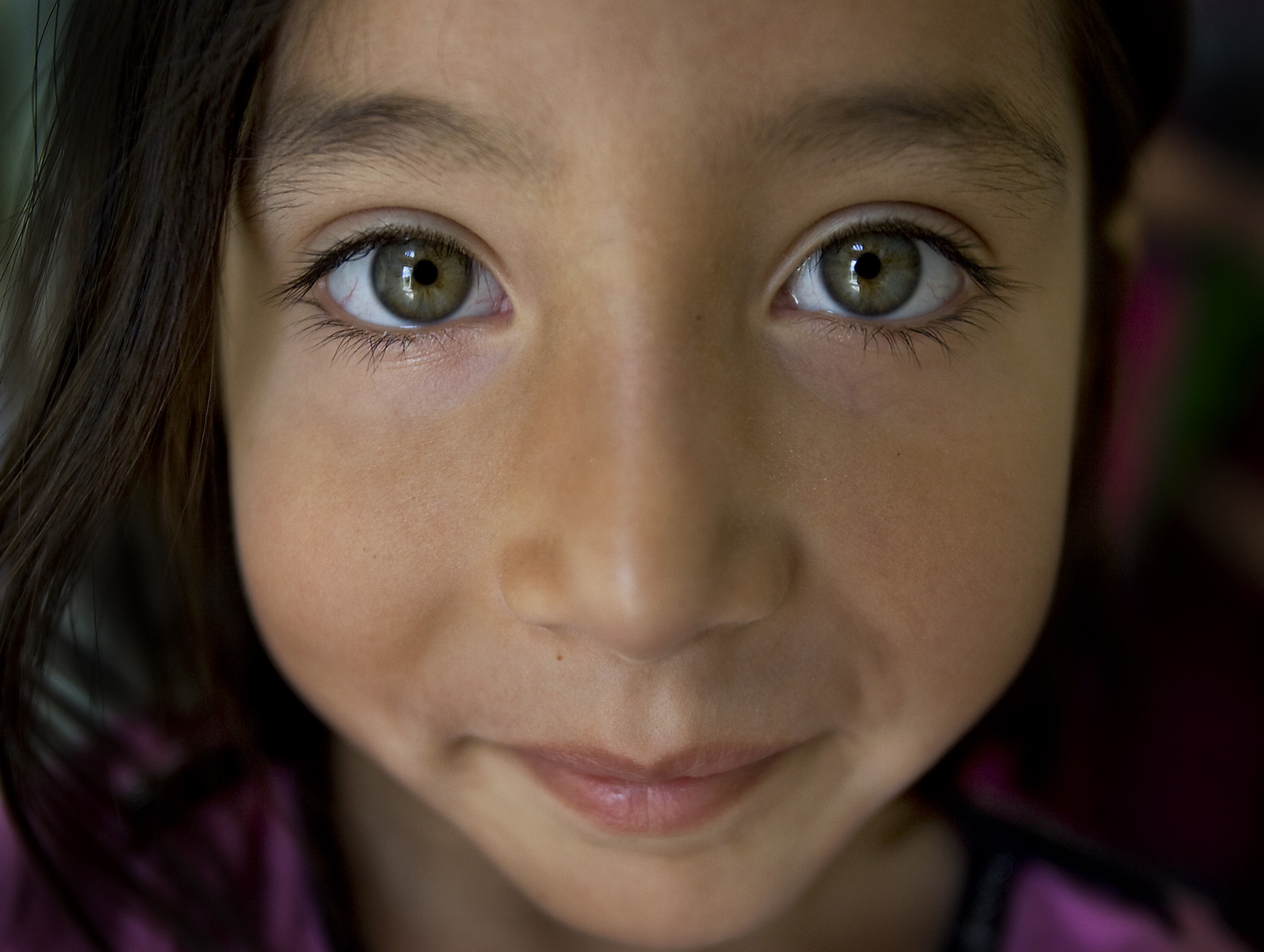In Our Own
Voices Unit 1 Outline
Respecting our Names
1. Conduct and discuss get
acquainted survey
2.
Demonstrate watercolor techniques and pass out materials
3.
Discuss name concepts and read/listen to resources as students paint.
-
Names are very important to us as a person and as a member of a community.
-
African naming ceremony
Many African people believe that an individual doesn't
exist without a name. With this in mind it is not surprising that a great
importance is placed on giving names in traditional ceremonies throughout
African communities. It is believed that as the mother gave physical life to the
child, it was the role of the father to give it a name. Both the parents and
grandmothers choose the names for the child.
The Yoruba naming ceremony is very traditional. Yoruba
naming ceremony participators consist of the father, mother, baby, siblings,
leader, a community member, ritual foods, and invited guests. In Africa, this
ceremony would take place outside. In the U.S., the ceremony usually takes place
in the home of the family. The guests begin arriving early in the afternoon.
They bring gifts of money and other baby things. After about an hour, the ritual
gathering takes place. The leader explains the foods and objects around the
ritual table to the baby. As he does this he declares the symbolic meaning of
each, expresses prayers for the child's well being, and passes each object for
all to taste or touch. Then the baby's names are announced and the meaning
behind each is explained. The night is filled with music, dancing, and eating.
The festivities will last through the night to the morning.
-
Show website, Unit 1 African naming ceremony…a family who has preserved the
tradition in the U.S.
-
This tradition was not honored when African Americans were forced to come to
the U.S.
-
Listen to Tupac Shakur Legacy CD Track 1 (up to …”African name….African
brain”)
- Pass out poetry packet
- Discuss Ntozake Shange name change and read “I Am Ntozake”
- Show African names website on Voices and listen to StoryCorps:
Nzingha Masani
- Read “I Am a Black” Gwendolyn Brooks (respecting a community’s voice)
- Read “Hissspanicsss” by Elba Rosario Sánchez (respecting a community’s name)
- Discuss Hispanic name traditions and the
four major sources:
1. Based
on a parent’s first name…..most common Hispanic surnames. These Hispanic
surnames are often formed by adding an -es, -as, -is, or -os or an -ez, -az,
-is, or -oz to the end of the father's name. (Leon
Alvarez – Leon, son of
Alvaro).
2. Occupational Surnames - these Hispanic last names are based on the
person’s job or trade (Roderick Guerrero - Roderick the warrior or soldier).
3. Descriptive Surnames - Based on a unique quality or physical
feature of the individual, these surnames often developed from nicknames or
pet names (Juan Delgado - John the thin).
4. Geographical Surnames - The most common type of Spanish surname,
these Hispanic last names are derived from the location of the homestead
from which the first bearer and his family lived (Ricardo de Lugo - Ricardo
from the town of Lugo).
-
Explain that first names often show religious respect, for example naming
baby after the saint on whose day they were born; show Hispanic name links
on web
-
Hispanic names are also sometimes not respected.
-
Listen on line to “My Name is Not Rodriguez” Luis J. Rodriguez
-
Listen to StoryCorps: Raúl Grijalva as an example of circumstances that may
cause conflict regarding one's cultural heritage
-
Read “Señora X No More”
-
Read Sandra Cisneros ”My Name”…refer to boxed section of student survey
-
Read “Nobody Knows My Name”
Gustavo Pérez Firmat
-
Read teenage name poems “I Love to Hear” and “My Real Name”
-
Talk about hopes and plans for the class; read "What's That Word Again?"
-
Summarize hopes for class by listening on line to Maya Anglou “Human
Family”
|
This website was
created and is maintained for use in classrooms dedicated to
multicultural understanding.
Material from and links to other
sources have been chosen because of their relevance to this goal.
For questions or comments, or to report problems with links, please
contact:
Ann Ramsey
ramseyakc@yahoo.com
Home

|


 IN OUR OWN VOICES
IN OUR OWN VOICES









 IN OUR OWN VOICES
IN OUR OWN VOICES






